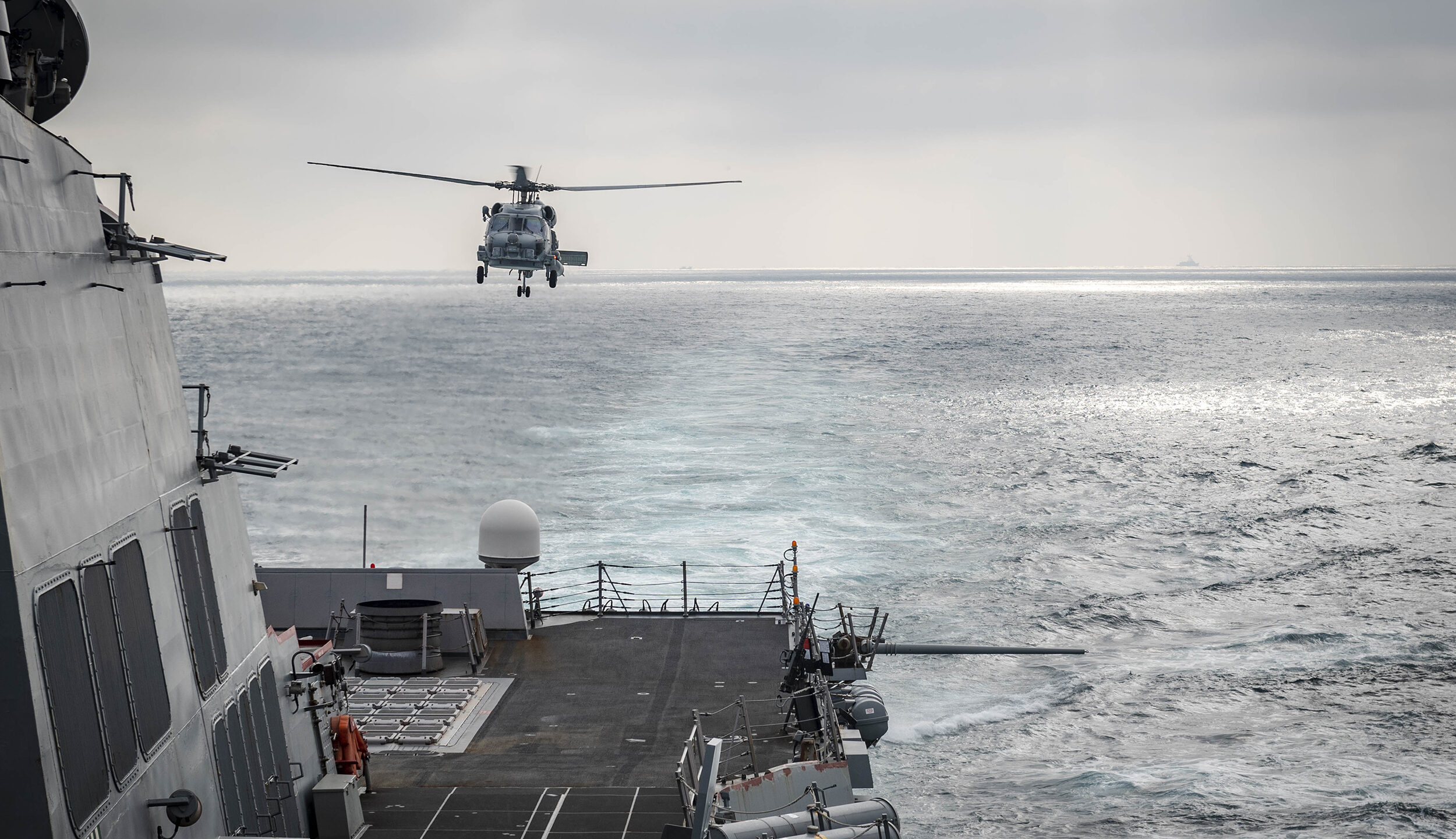April 28, 2025
Kavanagh and Wertheim respond: Why Taiwan’s survival depends on realistic defense

In his recent commentary published April 21st, Sasha Chhabra takes issue with our Foreign Affairs article, “The Taiwan Fixation.” Unfortunately, he misstates our position and, more important, reveals flawed assumptions that illustrate the need to change course in Taipei and Washington.
Chhabra attacks our supposed “advocacy for strategic clarity” as a “dangerous” proposition that would hand Taiwan to China. We agree that shifting U.S. policy toward strategic clarity—meaning that the United States would announce it would not defend Taiwan if attacked—would be a mistake. That is why our article explicitly counsels the opposite, stating, “Washington should remain ambiguous about whether it would defend Taiwan by force.”
Chhabra appears to confuse private planning with declaratory policy. In private, we argue, the U.S. Department of Defense should develop plans over the next decade to send arms but not troops to Taiwan in case of a Chinese invasion, while Taiwan should build much stronger, “porcupine”-style defenses. At the same time, Washington should stick to its public policy of strategic ambiguity, which helps to deter Beijing from launching an attack (and Taipei from pursuing independence).
One might legitimately worry that our recommendations would weaken America’s ambiguous threat to use force in Taiwan’s defense, but for the foreseeable future, the policy of strategic ambiguity should remain credible. Even if Taiwan strengthens its self-defense capabilities and the United States formulates plans to avoid an all-out war with China over Taiwan, many in Washington would still favor direct U.S. military action to repel a Chinese invasion, and political pressure could push even a reluctant U.S. president to intervene.
Authors

Stephen
Wertheim
Senior Fellow, American Statecraft Program
Carnegie Endowment for International Peace
More on Asia

Featuring Lyle Goldstein
December 9, 2025








